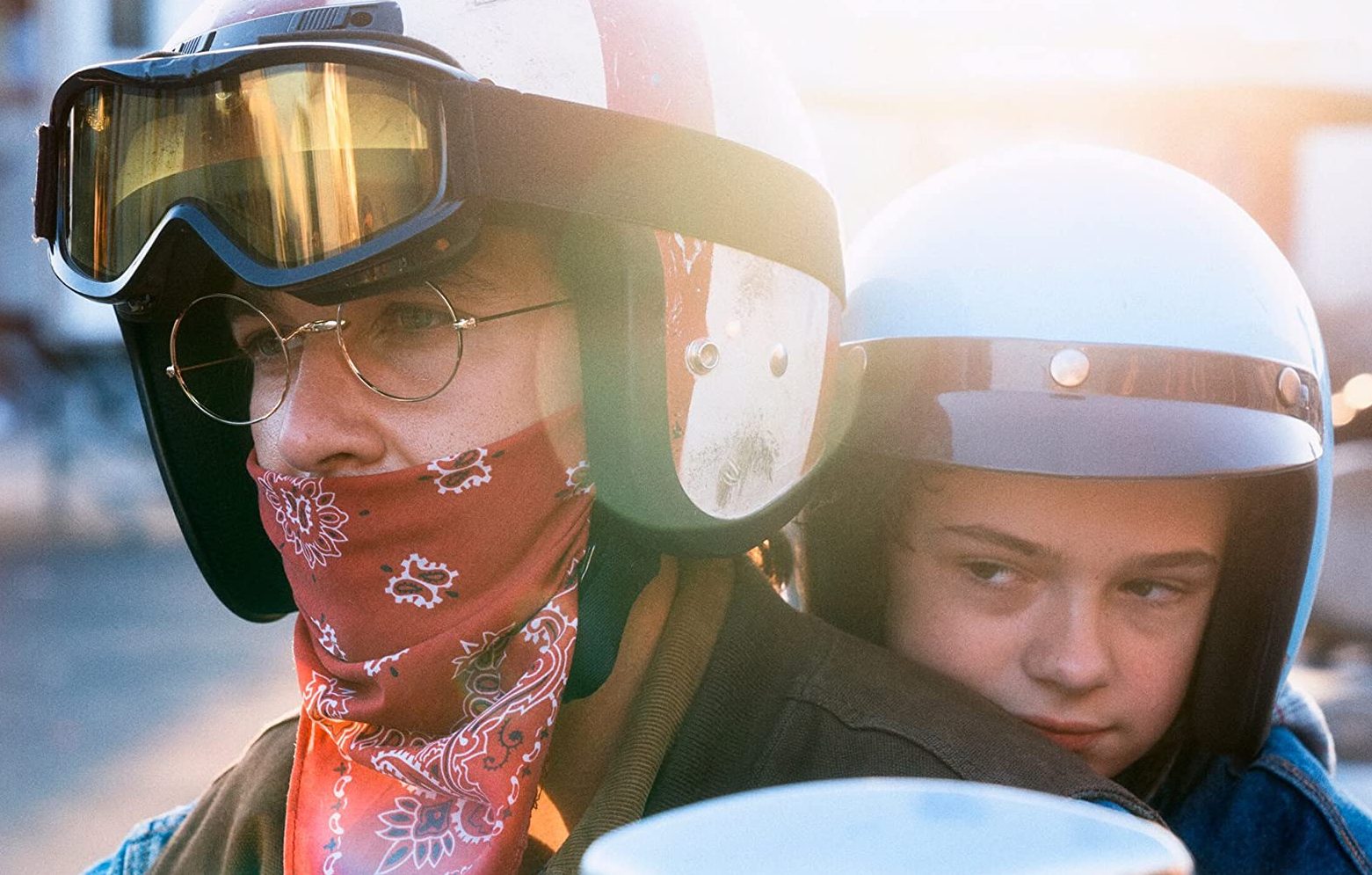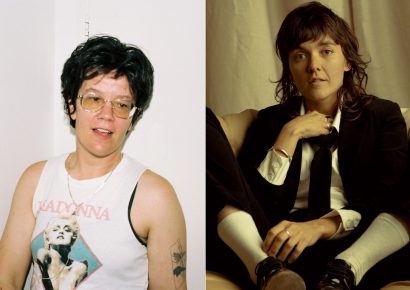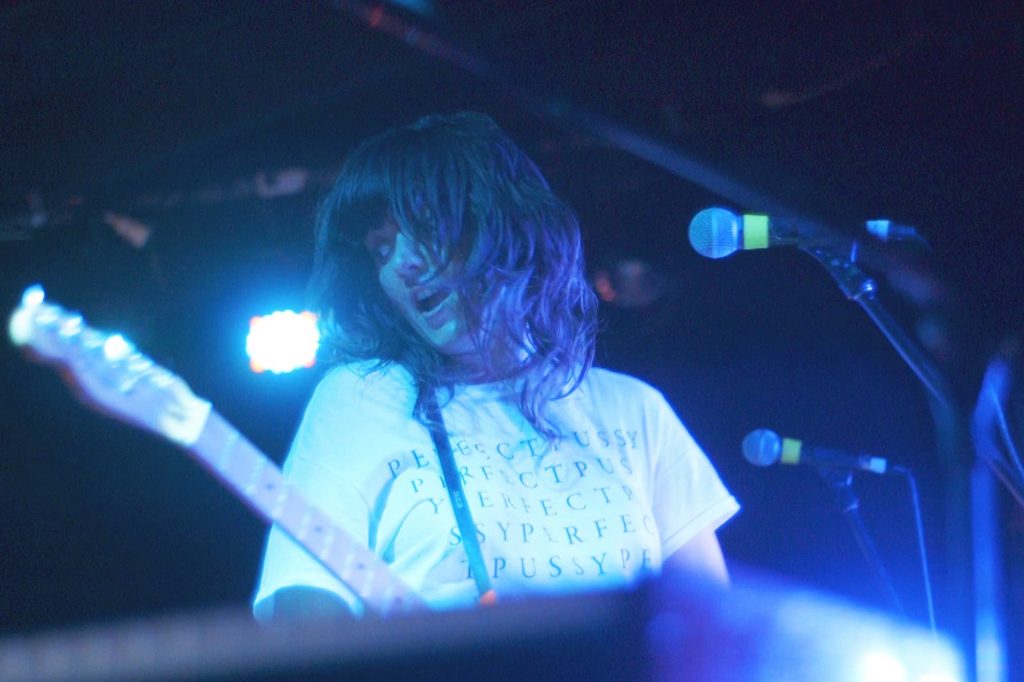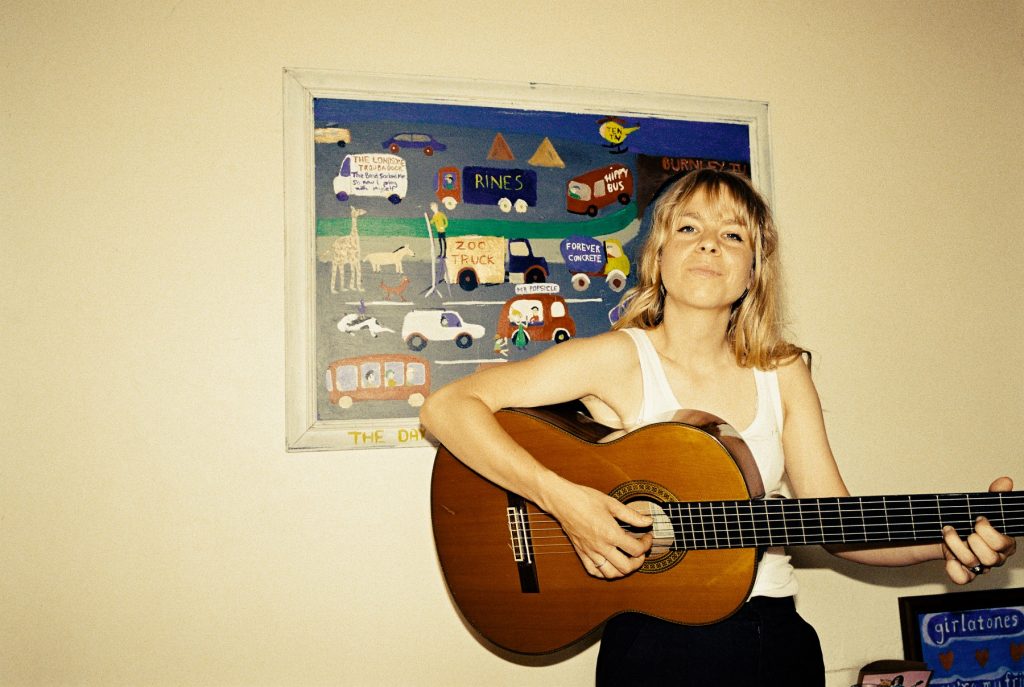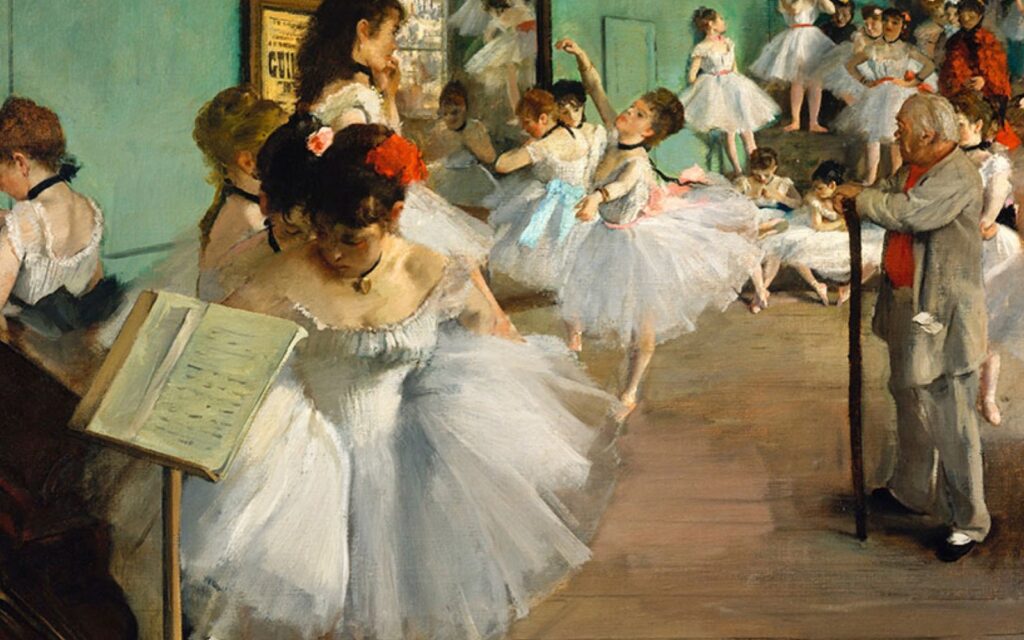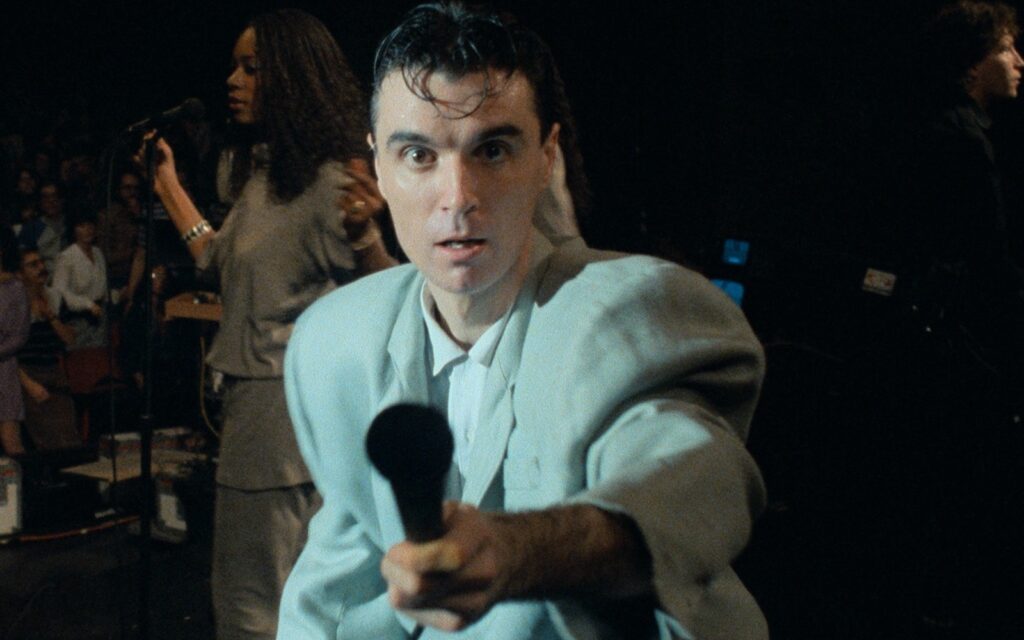★★★★
The semi-autobiographical film sees LaBeouf revisit his darkest childhood moments.
Shia LaBeouf has always made headlines, often not for the right reasons, but his writing and acting in Honey Boy, the semi-autobiographical film loosely based on his life as a child actor, see him turn the lens on his broken relationship with his abusive father.
Directed by Alma Har’el, best known for her documentary Bombay Beach, Honey Boy is both compassionate and heartbreaking. Bouncing between a younger version of LaBeouf, played by superstar Noah Jupe (A Quiet Place) and an older version, portrayed by Lucas Hedges (The Grand Budapest Hotel), the film surveys a lifetime of trauma experienced by the film’s protagonist, Otis.
After starring in an unnamed TV show at ten years old, Otis finds himself paying his alcoholic and neglectful dad to stick around. Years later, he is forced to face his aggression and trauma in a court-ordered rehabilitation centre after a spiral of substance abuse leads to a car accident.
Sounds familiar? Well, writer and actor Shia LaBeouf wrote the script for Honey Boy while under court-ordered rehab after a car crash in 2008, which left him severely injured and ultimately reaching a dead end in his Hollywood career.
Just like LaBeouf, Otis faces his inner demons in a hard-to-watch struggle as he remembers the abuse he suffered at the hands of his father while under the blinding spotlight that comes with being a rising child actor. It’s a poignant statement on the plight of too many Hollywood child stars.
The narrative provides another perspective on LaBeouf’s life as he attempts to mend his relationship with his father. It’s not to say that all his previous troubles and behaviour are dismissed, but instead, brings in a new viewpoint on young, damaged men, and their journey through therapy to overcome trauma.
With a sincere and hard-hitting performance from LaBeouf as he plays his own father, degrading, hitting and emotionally abusing his son, Honey Boy is a cinematic memoir with shots that leave you realizing you’ve been holding your breath, soaking in a visual masterpiece shot by cinematographer Natasha Braier (The Neon Demon).
With an outstanding cast, comes an outstanding director; Har’el makes LaBeouf’s story her own, without taking away its authenticity. She crafts it perfectly around LaBeouf’s vulnerable and raw story, bringing the reimagination of LaBeouf’s darkest childhood moments to life.
Honey Boy isn’t perfect, but it’s loud and clear about its emotions and characters, so truthful that it feels like a documentary at times. It’s expressionistic lighting and performances stand to create an artistic work of empathy and pain – for the characters, writers and the viewers.
Colours, costumes and clumsily placed dialogue work in LaBeuof’s favour of showcasing an imperfect retelling of an imperfect childhood. LaBeuof’s story may be incredibly relatable to some, Hollywood child star or not, or it can take a completely different trajectory. Either way, it’s a detailed yet vulnerable examination of any father’s relationship with his son, and vice versa.
For some, it may be far too personal, but at the end of the day, isn’t that what cinema is about?
Honey Boy is out now.
Never miss a story. Sign up to Beat’s newsletter and you’ll be served fresh music, arts, food and culture stories three times a week.
